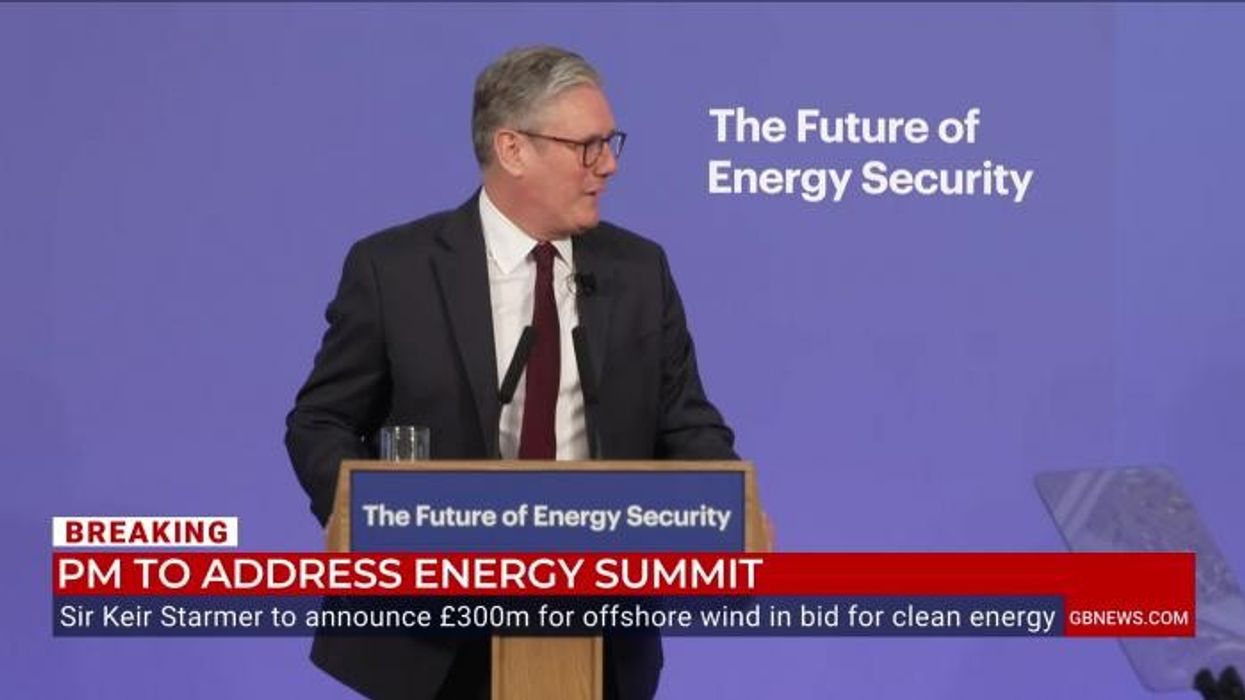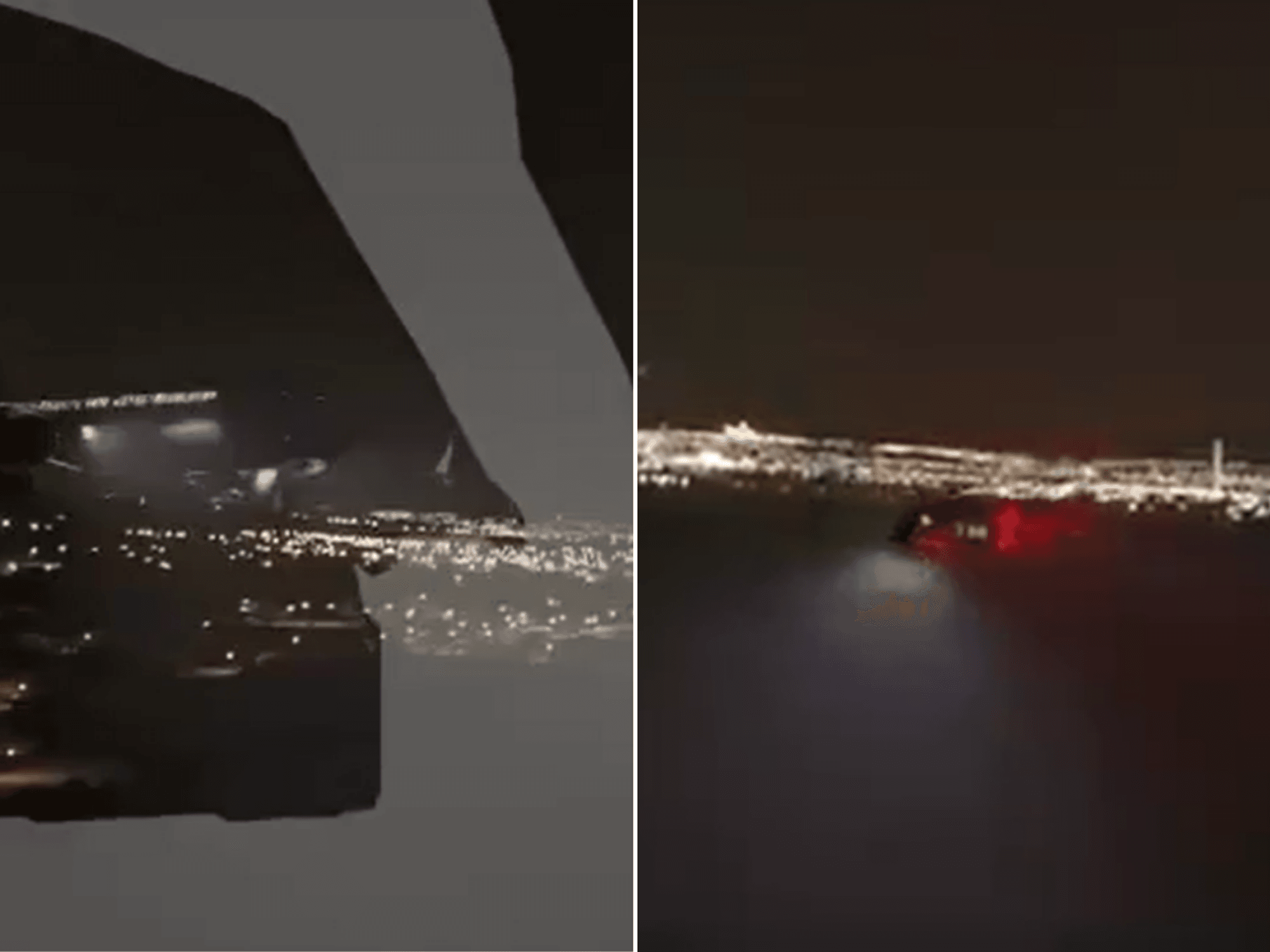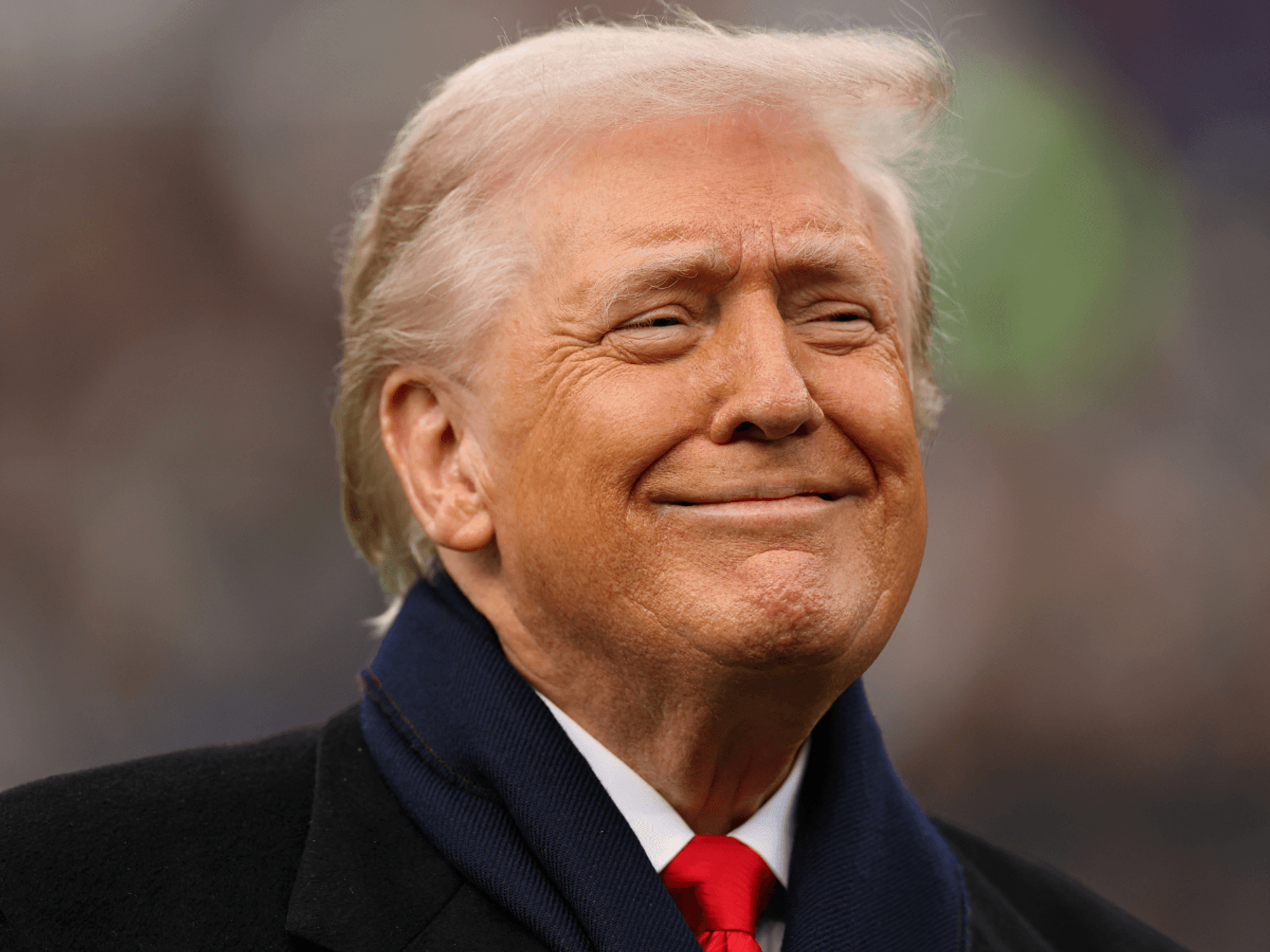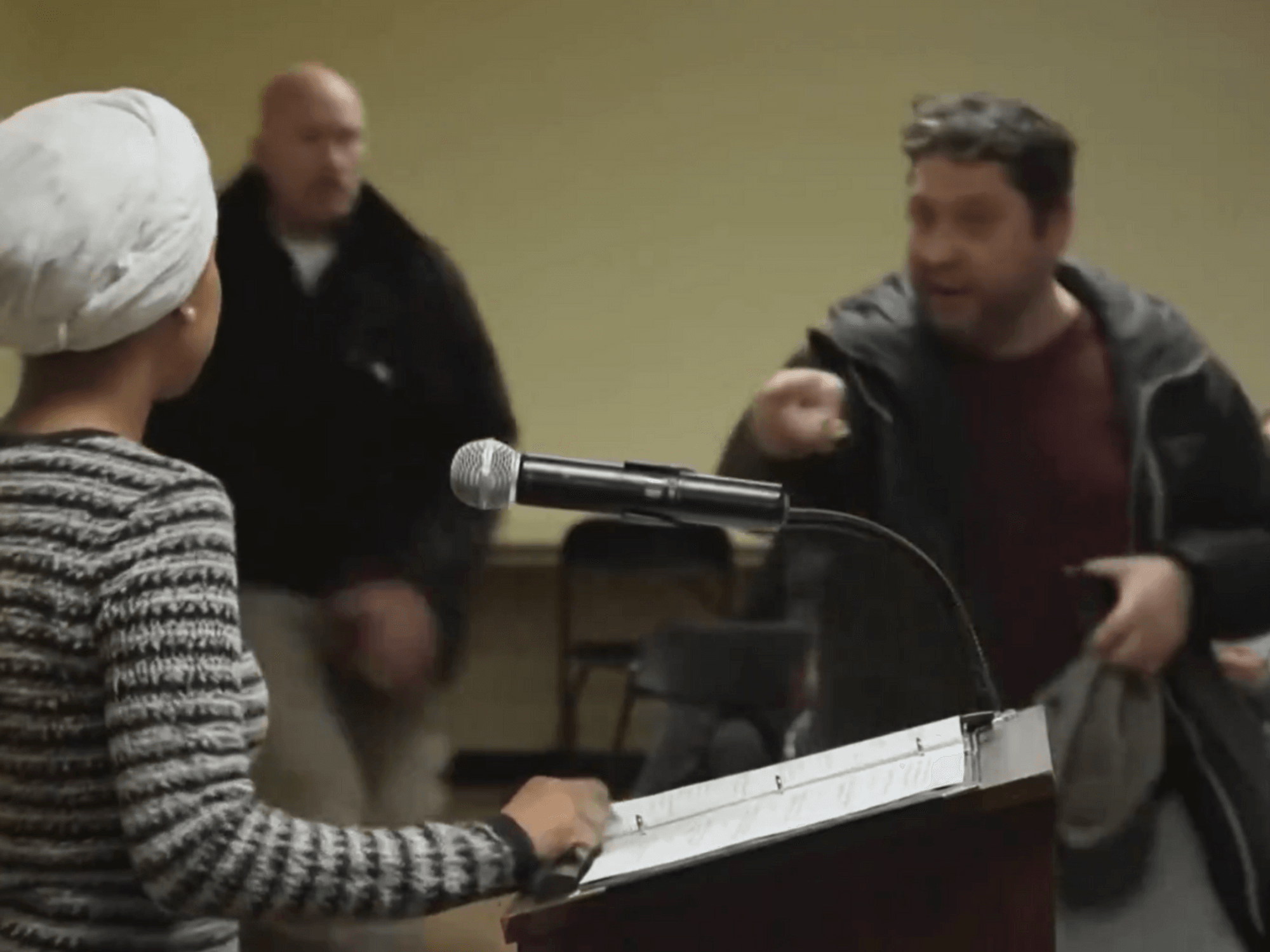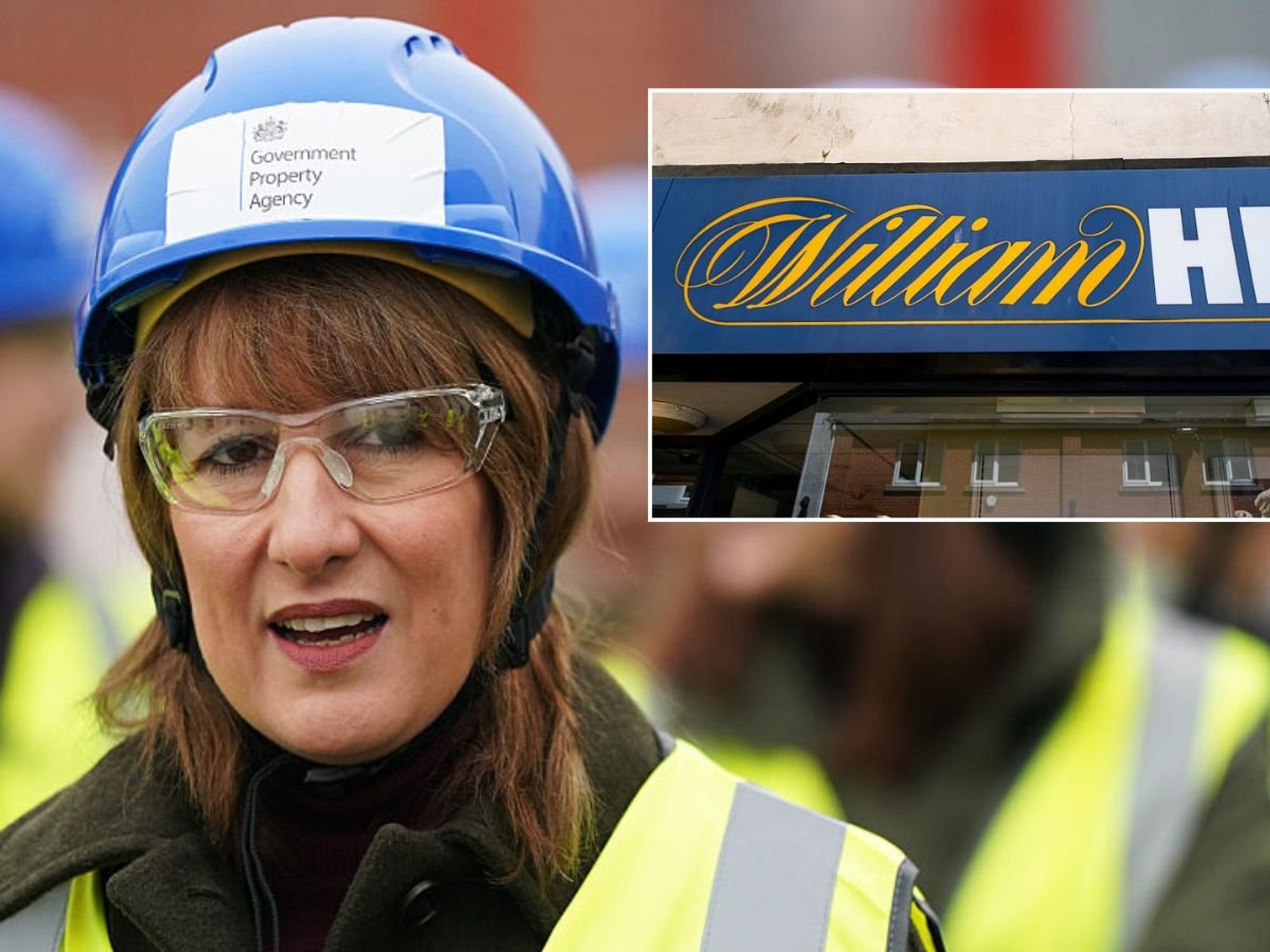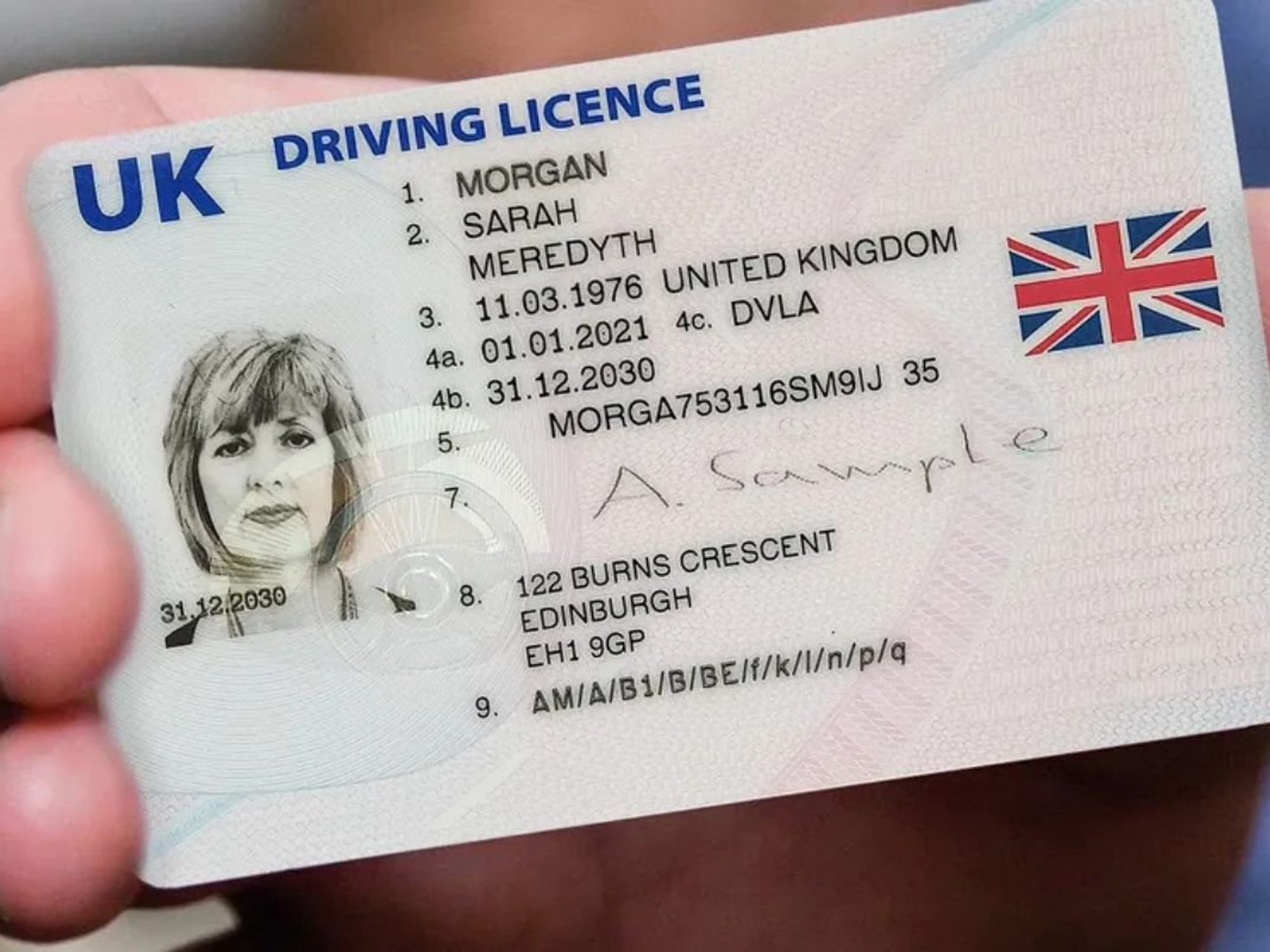'Victory for transparency!' Ursula von der Leyen was 'wrong to conceal vaccine texts' to Pfizer boss
The scandal has been dubbed 'Deletegate'
Don't Miss
Most Read
The European Court of Justice has ruled against the European Commission for concealing text messages between Ursula von der Leyen and Pfizer CEO Albert Bourla during Covid vaccine negotiations.
The EU's executive body had refused to disclose private correspondence between the two leaders ahead of a multibillion-euro vaccine deal.
Judges at the court's General Court backed a legal challenge against the decision to withhold the contents of these messages.
The court stated the Commission had "not given a plausible explanation to justify the non-possession of the requested documents".
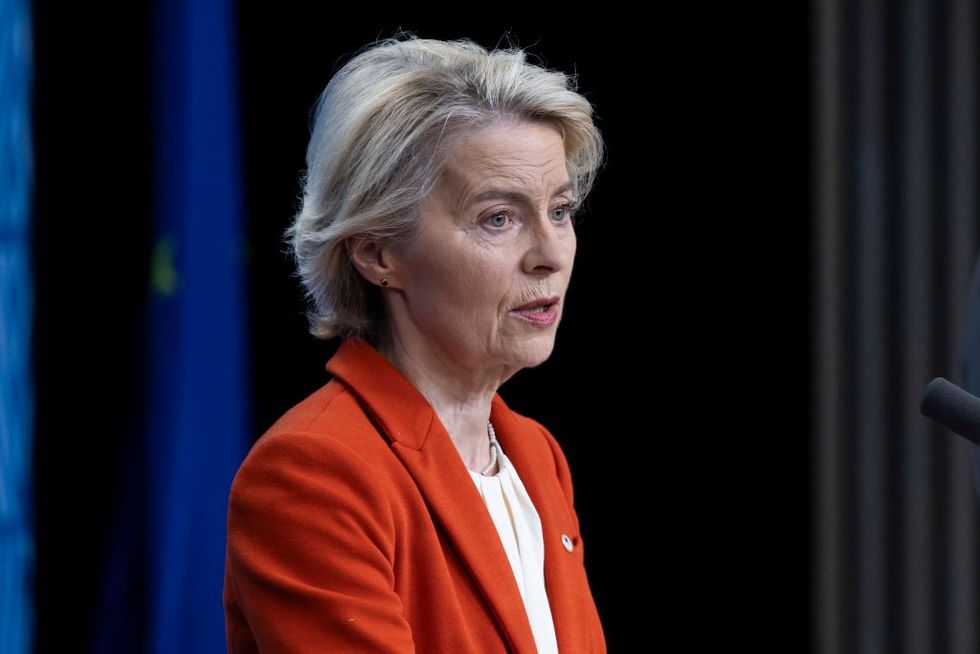
The EU Court of Justice ruled against the European Commission for concealing text messages between its president, Ursula von der Leyen, and Pfizer CEO Albert Bourla
|GETTY
It stated: "Moreover, the commission has not sufficiently clarified whether the requested text messages were deleted and, if so, whether the deletion was done deliberately or automatically or whether the president's mobile phone had been replaced in the meantime."
The scandal, dubbed "Deletegate", has raised serious questions about transparency in EU governance.
Details could be revealed through messages about how European taxpayers' money was spent during the pandemic.
The ruling comes as an embarrassing reminder for von der Leyen, who has positioned herself as an honest broker and business-like professional.
LATEST DEVELOPMENTS
The private exchanges between von der Leyen and Bourla occurred when the EU was desperately seeking Covid-19 vaccine doses, with AstraZeneca struggling to meet its delivery commitments.
The New York Times had reported that negotiations for the massive deal were conducted via text message.
Von der Leyen eventually agreed to purchase up to 1.8 billion Pfizer shots between 2021 and 2023.
The court's decision may now set a precedent for how text messages are treated in future freedom of information cases.
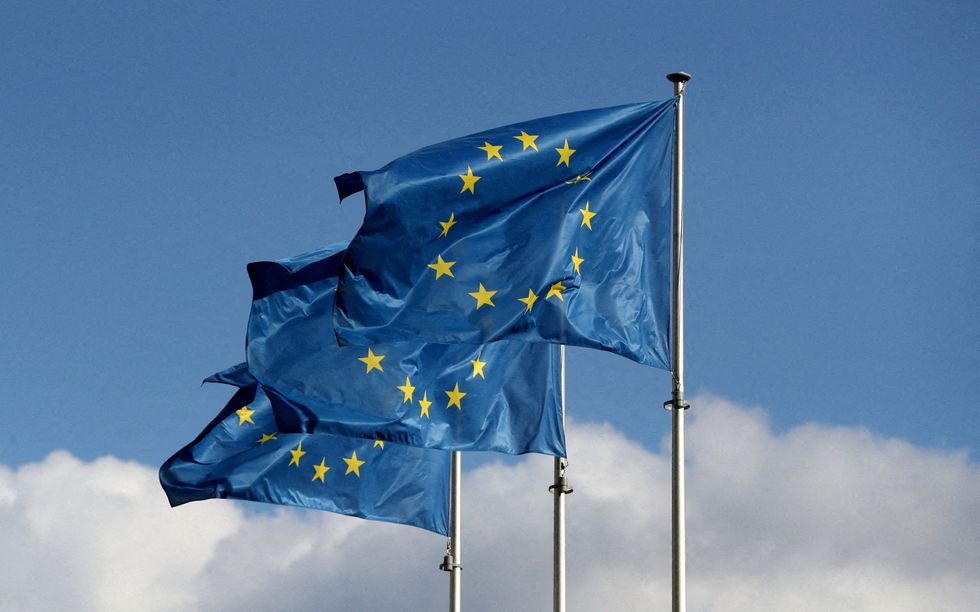
The private exchanges between von der Leyen and Bourla occurred when the EU was desperately seeking Covid-19 vaccine doses
|Reuters
The Commission had previously claimed the messages were not preserved due to their "short-lived, ephemeral nature".
Officials never denied the existence of the text messages but argued they weren't significant enough to warrant formal record-keeping.
"Transparency has always been of paramount importance for the Commission and President von der Leyen," the Commission said in a statement.
It added that it would study the ruling and decide "on next steps", potentially including an appeal to the European Court of Justice.


